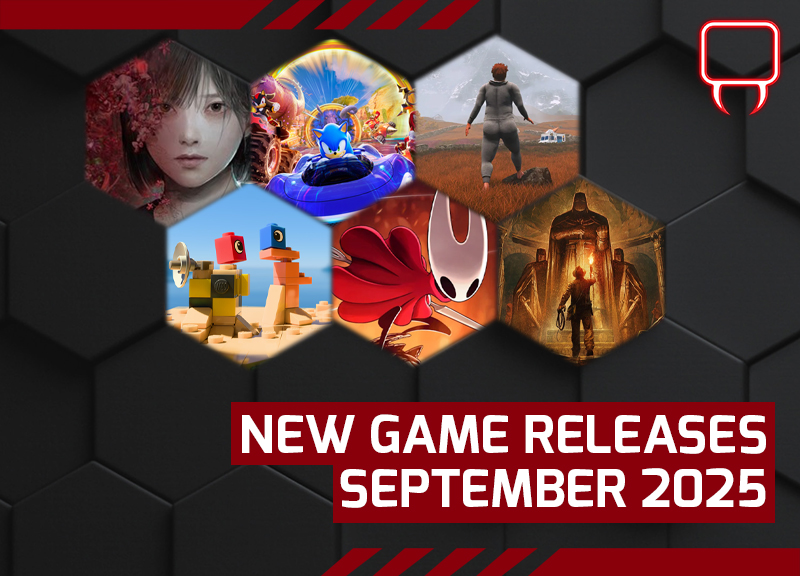National Schizophrenia Awareness Day is Rethink Mental Illness’ annual campaign, which takes place every year on the 25th July.
Designed to shine a light on the everyday challenges faced by people living with a diagnosis of Schizophrenia in the UK, the campaign also looks at how we can tackle the stigma and discrimination surrounding the misunderstood illness.

What is Schizophrenia?
Schizophrenia is a complex condition that affects how you think, feel and experience the world.Whilst movies might persuade you otherwise, Schizophrenia doesn’t mean split personality. In fact, the term actually means schizo (to split) and phrene (the mind).
Whilst Schizophrenia is an official diagnosis, the symptoms can differ entirely from person to person. Common symptoms include:
- Audio hallucinations (like hearing voices)
- Delusions
- Disorganised thinking
- Changes in body language or emotions
For some, schizophrenia is a life-long condition that needs day-to-day management. This usually comes in the form of medication, talking therapies, a good support network, or all of the above. However, one in four-to-five people will actually recover completely and live on independently without further episodes.
Why we’re using gaming to raise awareness of Schizophrenia
We take pride in empowering gamers with our range of gaming accessories for PlayStation, Nintendo, and Xbox. But we also like using our platform to talk about things that matter.
Just like when we took a pause from our usual gaming blogs to talk about dementia, we wanted to do our bit. It turns out that the gaming industry does a lot to challenge the stigmas and stereotypes schizophrenics face on a daily basis.
Representing mental health both positively and realistically in video games continues to evolve, and considering one in 100 people will experience Schizophrenia in their lives, it’s important to keep that work going and make others aware of it.
Video games are leading the way for computerised treatments for Schizophrenia
It turns out that like Dementia, there’s a lot of research into how gaming can help treat people with Schizophrenia.
Researchers at King’s College London’s Institute of Psychiatry, Psychology, and Neuroscience combined controlled video game experiences with MRI technology. Through a series of exercises, like landing rockets in a game - they discovered that patients showed well-slowed activity in the section of their brains that causes verbal hallucinations. With enhanced control of their mental activity, they were able to reduce the loudness of external voices and hallucinations.

Across the pond at the UC San Francisco School of Nursing, Physiological nursing professor Heather Leuwyler discovered that people demonstrated impressive progress in negative mental health symptoms associated with Schizophrenia like demotivation and social withdrawal, by using interactive and stimulating exercise programs via the Xbox Kinect for seniors with Schizophrenia.
If you’d like to spend some time understanding schizophrenia more, we’ve dug out a few games for you to play through that fit the bill. Simply grab our gaming accessories and get playing.
Hellblade: Senua’s Sacrifice
At first glance, you’re forgiven for thinking Hellblade is just a fantasy game about a warrior making her way to Helheim to rescue the soul of her dead lover from the goddess Hela.
But dig deep into it’s puzzle solving and psychological horror gameplay, and you’ll find Senua’s struggle with psychosis. Developers Ninja Theory worked with neuroscientists, mental health specialists, and people living with psychosis and schizophrenia to properly represent the conditions and lived experiences. As such, Senua is haunted by voices in her head which swarm you as you play, often all at once.
This is a great game for breaking down the stigma, and understanding just how overwhelming and difficult schizophrenia can be to live with on a daily basis.

Alice: Madness Returns
Alice: Madness Returns is a psychological horror platformer inspired by Lewis Carroll’s classic novel Alice’s Adventures in Wonderland. You play as Alice Liddell, a girl suffering from trauma caused by the death of her family, who suffers from hallucinations of a twisted version of ‘Wonderland’.
Whilst many games with mental health storylines use it as away to cause moral panics and support stigmas, Alice: Madness Returns shifts this focus to the stigmatisation mentally ill people go through from society.Through it’s depiction of delusions, and implied case of Schizophrenia, it creates an inspiring story about overcoming trauma and social systems that treat mentally ill people differently.

What else can we do?
Continue to educate yourself on Schizophrenia and its symptoms. Stay in touch with your loved ones and keep an eye out for anything that matches up. And if it helps, don’t forget to keep gaming. We can help all PlayStation, Nintendo, and Xbox gamers with that one.
Get involved - Share this article

5 of the Coolest Gaming Christmas Gifts Money Can Buy
We've been on the hunt for the coolest gaming Christmas gifts out there this year, and we've found some real gems that are sure to go down well!
Read more
























